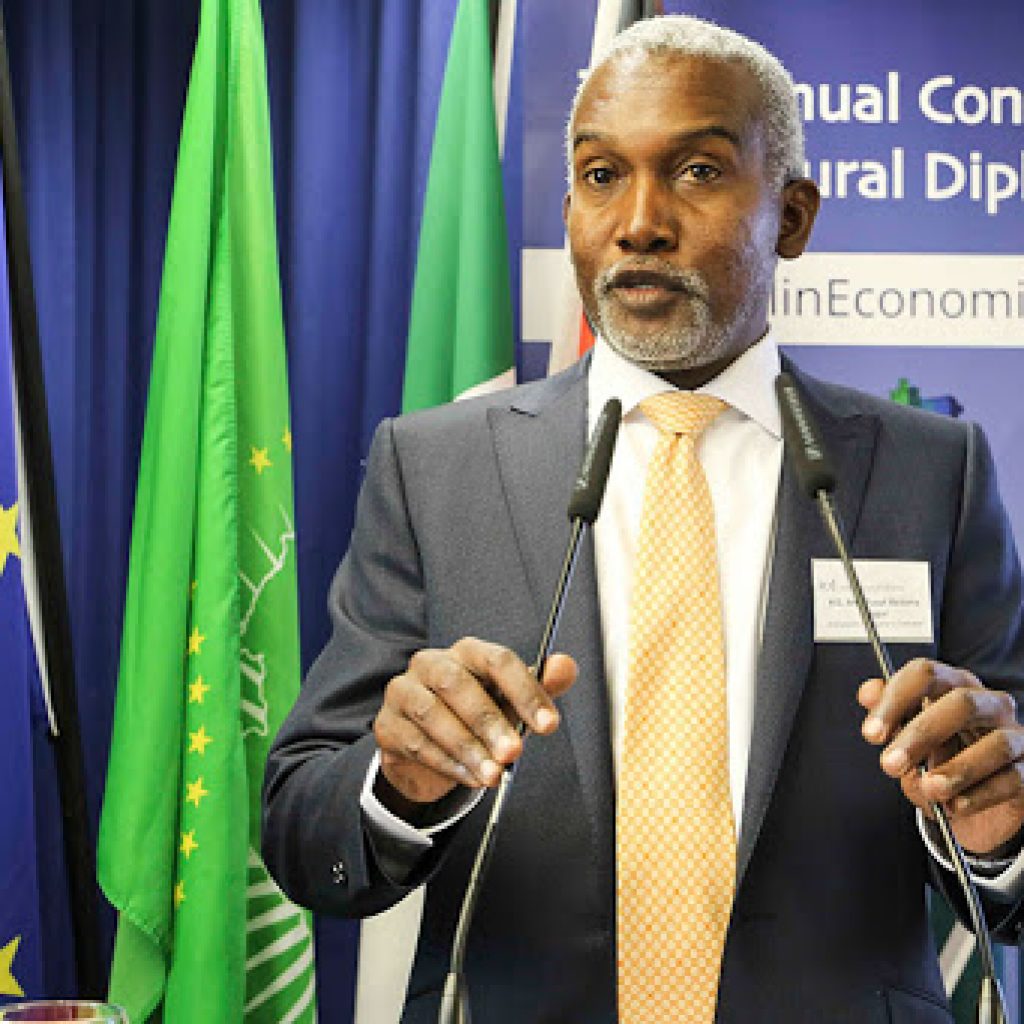The Nigerian Minister of Foreign Affairs, Yusuf Maitama Tuggar delivered a speech at Nigeria-India Presidential roundtable alongside the G-20 Summit in New Delhi, India which was attended by Nigeria and other world's leaders. The minister highlighted the strategic roles India and Nigeria can play to improve bilateral ties and economic growth that serve the two countries' interests on world stage. Read the full speech below:
By Honourable Yusuf Maitama Tuggar
India is one of the focal countries of President Bola Ahmed Tinubu’s 4-D Diplomacy, or what we in Nigeria’s foreign affairs Ministry have started referring to as the Tinubu Doctrine. The 4-Ds are Democracy, Demography, Development, and Diaspora and I am certain you get the picture of the commonalities between Nigeria and India even before I start explaining each of the 4-Ds.
Both India and Nigeria are the largest constitutional democracies on their respective continents and the world as a whole. We are constantly seeking ways to strengthen our democratic institutions in order to improve the quality of life for our citizenry by improving services rendered by our governments as well as providing the environment for the private sector to thrive. The private sector thrives when governments ensure policy predictability, secure property rights, and effectiveness of contracts. But the starting point is a democratic system where routine elections are held at different tiers of government. Nigeria and India could collaborate closely in bringing about improvements in electoral processes by sharing experiences, technology, and ideas. India has an impressive electoral system that relies on a robust postal network while Nigeria has introduced technological improvements to its elections at every round, going from card reader to BVAS. There is more to do in this space.
With the second ‘D’ Demography, the emphasis is on collaborating with countries with huge populations like us such as India. We are after all the largest country in Africa and expected to become the 3rd largest in the world after India and China. To deliver on SDGs and similar human-centric goals and to avert global financial and economic crises, India and Nigeria need to be on the decision-making tables- G-20, BRICS, and UNSC. We have a lot to benefit from each other in technology, agriculture, health, and energy.
Development as the third ‘D’ speaks to infrastructure, manufacturing, and agriculture, the combination of which can achieve double-digit growth for both countries. India has made significant investments through initiatives such as Digital India to create a digitally empowered society and knowledge economy and similar opportunities exist in Nigeria with high rates of return from a youthful population eager to leapfrog. Nigeria’s tech ecosystem is dynamic and ever-expanding. We have a world-class instant payment transfer infrastructure- NIBSS that has existed since 1994 and is way ahead of many developed countries in this aspect. Like India, Nigeria’s mobile phone penetration is phenomenal, and financial inclusion is an area we are aiming to improve; India’s Jan Dhan Yojana programme is not dissimilar to Nigeria’s Agent Banking for financial inclusion. The testimonial for the huge potential for private sector investors in this space in Nigeria is in the success of fintechs such as Kudi. Indian entrepreneurs can relate to this and easily seize the opportunities therein. The growth to be unleashed through our expanding gas infrastructure, Special Economic Zones, and agro-allied value chains, means there is a business case and bankable project for entrepreneurs who understand countries like India and Nigeria.
The third ‘D’- Diaspora speaks to the huge numbers of Nigerians living in India and Indians living in Nigeria. They form the first point of interface between the two nations and the value they add to the relationship between our two nations is something to be nurtured and harnessed. Many of us in Nigeria grew up watching Bollywood movies and had Indian maths, physics, and chemistry teachers and therefore were acculturated to many things Indian at an early age. This exchange must continue through our schools both physically and virtually. Nollywood and Nigeria’s film industry could do with closer collaboration with Bollywood, especially behind the camera; lighting, makeup, cinematography, and sound. Prior to the COVID-19 pandemic, Nigeria had one of the fastest media and entertainment sectors in the world and we are gradually ramping back up. The world is dancing to Afrobeats. We want to embrace India and dance together.



